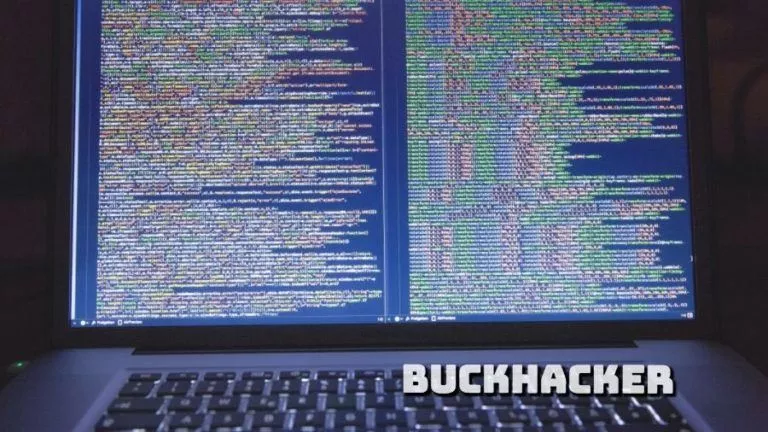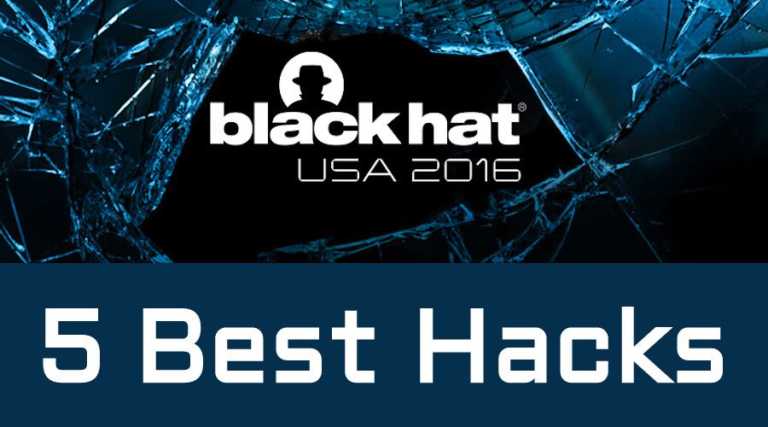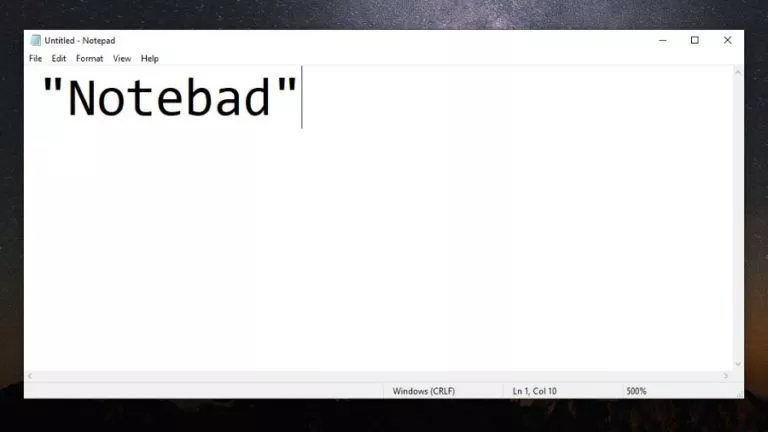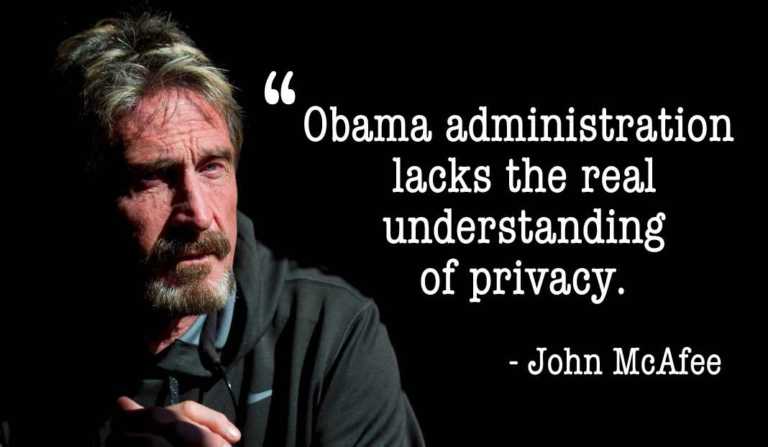Watching Pirated Content Won’t Land You In Jail, Bombay High Court Slams ISP Over Deceptive Warning


Short Bytes: Following the display of misleading warning messages on blocked URLs, the Bombay High Court has ordered Tata Telecommunications to replace the same with the prescribed format issued by the court which also applies to other ISPs. According to the order, viewing of illegal content won’t land you in jail but sharing it will.
In their defense, Tata Communications earlier blamed the “technical limitations” of their firewall that limit the size of the HTML page containing the warning message. The court considered it as an “absurdly small file size” and ordered for necessary changes to be made.
Earlier, the users who tried to access blocked websites were notified that they could end up in jail for 3 years and may have to pay heavy fines.
Judge G. S. Patel writes that “the offense is not in viewing, but in making a prejudicial distribution, a public exhibition or letting for sale or hire without appropriate permission copyright–protected material.”
So, you won’t be going to jail if you simply visit an illegal torrent link or view illicit content online. However, we won’t recommend you to do so. But the law won’t spare you if you are involved in downloading illegal torrents. Because while downloading (leeching) torrents you’re uploading (distributing/seeding) that content to other users and that counts as an offense.
As per the court order, the ISPs would have to display a generic message as per the prescribed format. It would contain the email address of a designated Nodal officer appointed by that ISP.
Judge Patel has also expressed the need of an ombudsman for managing these John Doe and other internet-related matters. The ombudsman would be responsible for the background check in such matters and would help the court in dealing with them.
“Many John Doe orders are granted without a sufficient checking of the Plaintiffs’ claim. This results in overbroad orders and wholesale site blocking without adequate verification of the legitimacy of all content. The assumption that some websites only host illicit content and nothing else is unwarranted without further proof,” Judge Patel writes.
— via TorrentFreak
If you have something to add, tell us in the comments below.
Also Read: Mozilla, Apple, And Google Join Microsoft’s Army To Fight Against US Gagging Orders






